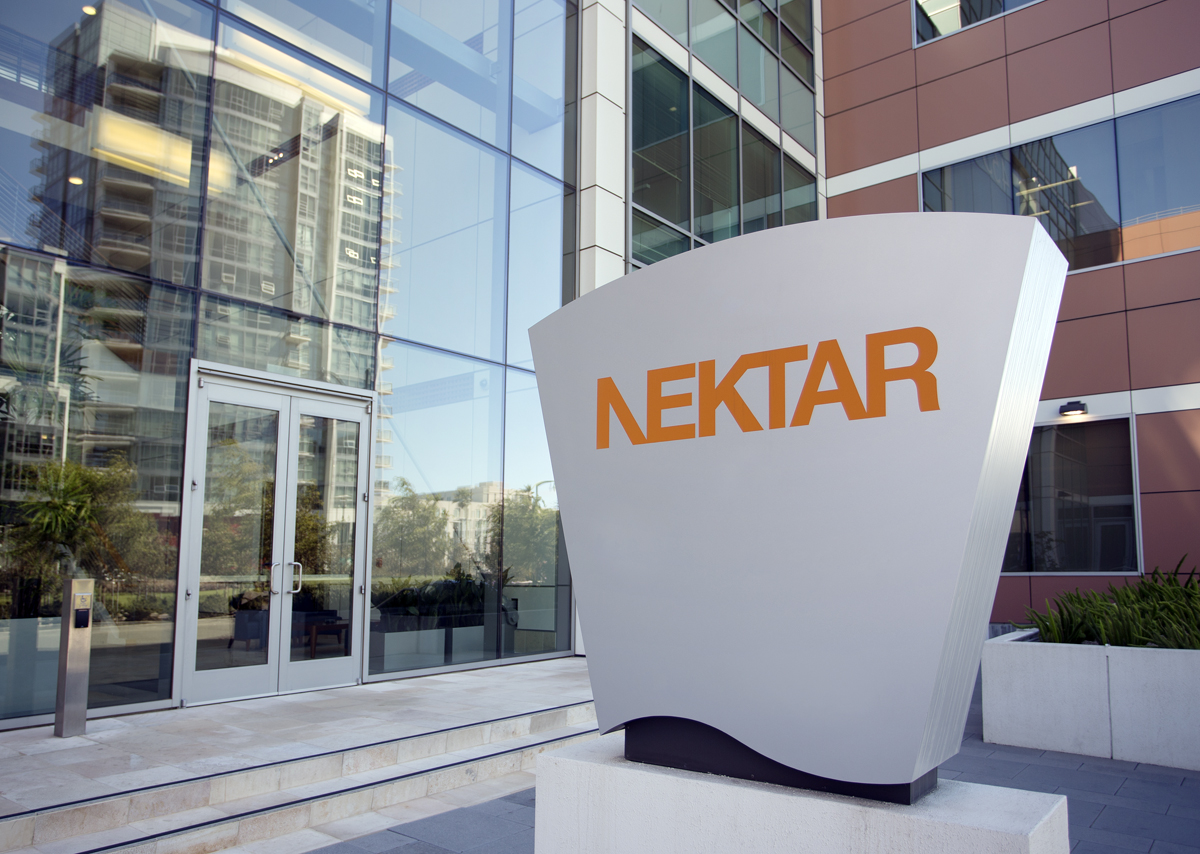End of the line for BMS, Nektar's bempegaldesleukin/Opdivo alliance

Four years after Bristol-Myers Squibb paid $1.85 billion upfront to make Nektar's bempegaldesleukin a companion drug to its cancer immunotherapy Opdivo, the alliance is being discontinued.
Things were already looking shaky for the programme last month when a phase 3 trial of pegylated IL-2 drug bempeg given in combination with PD-1 inhibitor Opdivo (nivolumab) as first-line melanoma therapy failed across the board.
Now, with two more pivotal trials in renal cell carcinoma (RCC) and urothelial carcinoma (UC) also a bust, the two partners have opted to halt all studies of the combination.
The earlier PIVOT IO-001 melanoma study showed no benefit of bempeg over Opdivo alone, and in the PIVOT-09 study in patients with previously untreated advanced or metastatic RCC, Opdivo/bempeg was no better than a tyrosine kinase inhibitor control arm.
Meanwhile, the phase 2 PIVOT-10 of the pairing in UC "did not reach an efficacy threshold to support continuing the programme," according to the partners.
A pivotal trial of the combination in muscle-invasive bladder cancer, plus earlier-stage studies in first-line RCC and paediatric tumours, are being discontinued.
The outcome was well signposted by Nektar after the melanoma study read out, after which chief executive Howard Robin said the setback would lead to "substantial" changes to the company and its business operations.
BMS had pledged up to $3.6 billion in milestones as well as covering much of the cost of development under the terms of the partnership.
The disappointing results are also a blow to Merck & Co, which has been testing bempeg alongside its Keytruda (pembrolizumab) PD-1 inhibitor in patients with non-small cell lung cancer (NSCLC) and squamous cell carcinoma of the head and neck (SCCHN).
If bempeg is completely discontinued Nektar will be left with two other pegylated cytokine candidates – NKTR-255 (based on IL-15) for cancer and NKTR-358, an IL-2 T reg cell stimulator partnered with Eli Lilly for inflammatory conditions like lupus and atopic dermatitis, which are both are in early- to mid-stage clinical testing.
The company still had substantial cash reserves of around $730 million at the end of last year that it has said is enough to keep it operational until the end of 2024 – which gives it time for the NKTR-255 and NKTR-358 programmes to read out.
Nektar said it is preparing a new strategic plan to save cash that will be revealed prior to its first-quarter results statement.












